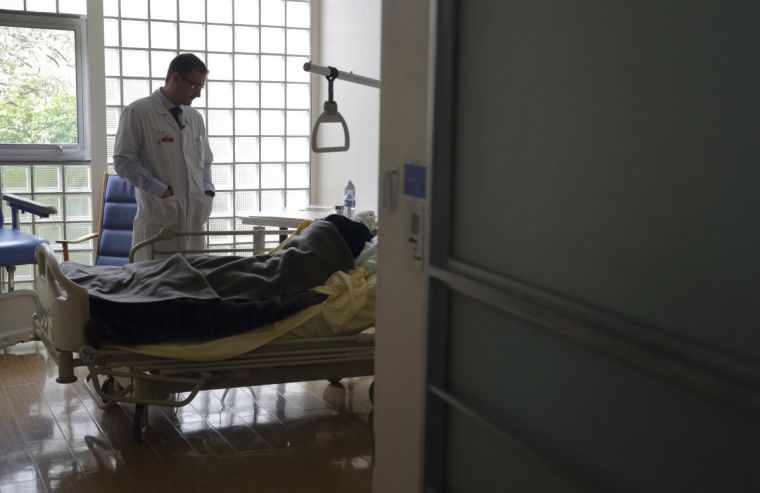Assisted suicide decisively rejected by Guernsey's parliament
Proposals to make the Channel Island of Guernsey the first part of the British Isles to legalise assisted dying have been resoundingly defeated in a vote welcomed by Christian campaigners.
The proposals put forward by the island's chief minister Gavin St Pier would have allowed terminally ill residents of the island to end their lives based on rules following the so-called 'Oregon' model. This would mean that euthanasia would be restricted to people with a diagnosis of terminal illness with less than six months to live and full mental capacity.
However the States of Guernsey voted decisively against a series of propositions which would have seen a working party formed to investigate how assisted dying would work.

St Pier said it was 'the right thing to do'. However, the move faced strong opposition from a coalition of churches and concerned citizens who argued for greater investment in palliative care and warned against the unintended consequences of what one deputy dubbed 'a most extreme measure'.
A proposition aimed at instructing the island's committee for health and social care to work on improving the quality of care for people towards the end of their lives, including palliative care and counselling, was passed by a large majority.
Dr Peter Saunders, chief executive of the Christian Medical Fellowship, told Christian Today: 'This was wonderful news. After two and a half days of debate and many weeks of campaigning the deputies categorically decided against moves to legalise assisted suicide.
'As well as this, they passed a motion aimed at improving the provision of specialist and palliative care.
'It couldn't be better.'
Dr Dan Boucher, director of parliamentary affairs for CARE, said: 'CARE is relieved that the assisted suicide proposal has been resoundingly rejected by Guernsey. We are also pleased that the debate has highlighted improvements that could be made to palliative care locally which will now be addressed thanks to Deputy Le Tocq's palliative care amendment which was backed by all but one of the island's deputies.'
Supporters of the change said they were disappointed but remain convinced the measure would be passed some day.
'Naturally we are disappointed with this result, although it was not entirely unexpected. We believe that a majority of the population do support a change in the law. However, we live in a representative democracy and our parliamentary assembly, the States of Deliberation, has by majority, made a democratic decision which settles the matter in Guernsey,' they said according to the Guardian.
'We, of course, accept that decision. We remain of the view that this is an inevitable change which in the fullness of time Guernsey will one day adopt.'











